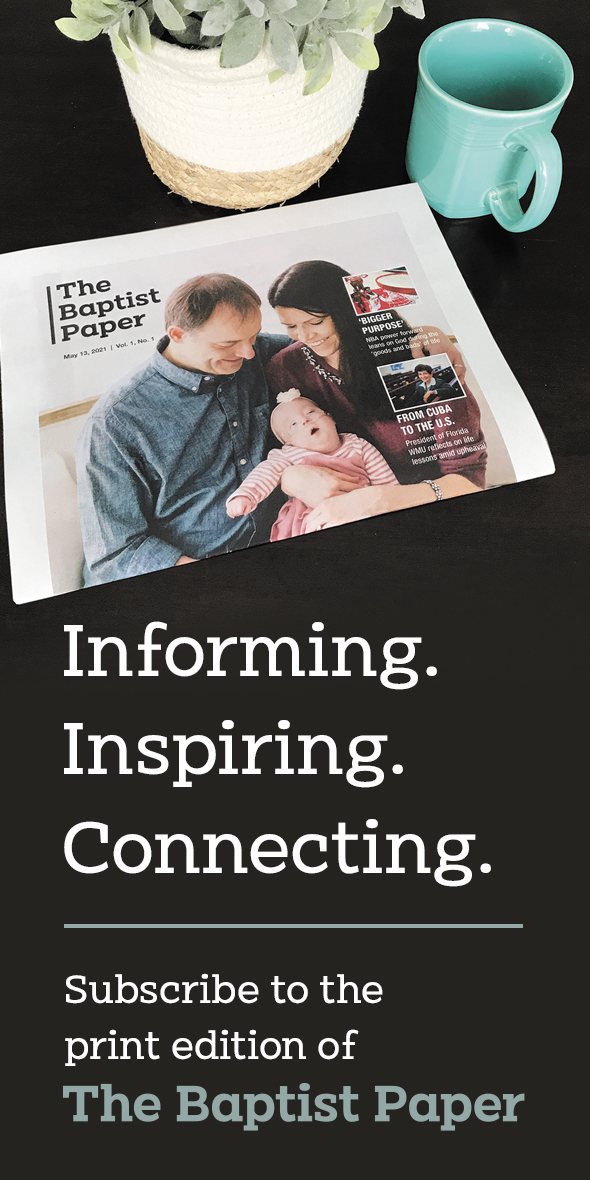REVEALED?
Genesis 41:14–21, 33–37
Credit given (14–16)
Joseph’s life progressed from a prison to a palace. God truly blessed Joseph. God orchestrated the events that led to Joseph’s change of status. Pharaoh had a foreboding dream, and Joseph had a dream. The chief cupbearer informed Pharaoh of Joseph’s ability to interpret dreams.
Pharaoh’s servant testified that a young Hebrew was able to interpret dreams and the interpretation was accurate. Then Pharaoh summoned Joseph from the prison to interpret the dream. Rather than claiming the ability to interpret dreams as an ability he possessed, Joseph gave credit for interpreting dreams to God. Joseph twice emphasized the point that God rather than Joseph interpreted the dreams (vv. 16, 25).
Contemporary leaders must follow the leadership model of Joseph. Rather than accepting credit in our service to God, we must give all credit to God.
Cows consumed (17–21)
In addition to being the mightiest ruler in that part of the world, Pharaoh was viewed as a god.
This god of the mighty Egyptians asked a Hebrew to interpret the dream. Pharaoh dreamed of an approaching famine without understanding the significance of his dream. Twice Joseph gave credit for the ability to interpret dreams to God as a witness to Pharaoh of the identity of the One true God.
Pharaoh’s dream depicted healthy cows coming from the Nile as well as other cows that were “weak, very sickly and thin.” The thin cows ate the healthy cows, yet the appearance of the thin cows after they gorged on the healthy cows did not change. God gave Pharaoh a second dream that communicated the same message. This part of the dream depicted seven healthy heads of grain on one stalk as well as seven heads of grain withered, thin and scorched by the east wind. The thin heads of grain swallowed the good grain. The Egyptian magicians could not interpret the dream for Pharaoh.
Joseph told Pharaoh that the two dreams had the same meaning. The source of Pharaoh’s dream was God. In essence, the vision described a future “god” contest — Yahweh God versus Pharaoh, the Egyptian god.
Plan defined (33–37)
Joseph not only interpreted Pharaoh’s dreams, but he came up with a plan of response to the disaster. Pharaoh had no plan that would get Egypt ready for the disaster.
Joseph proposed that Pharaoh seek out a “discerning and wise man” over the land of Egypt. God not only provided an interpreter of Pharaoh’s dream, but He provided a man with a plan. During challenging times, leaders must develop a plan. Joseph challenged Pharaoh to appoint overseers to set aside 20% of the harvest during the seven years leading up to the famine.
This task required a man with two characteristics — discernment and wisdom. Joseph had developed these characteristics. It is noteworthy that Pharaoh and his servants recognized that Joseph possessed God’s Spirit within him and that he possessed the required characteristics. Joseph displayed a positive witness to the mightiest leader on earth at the time. Joseph would function as the second in command to Pharaoh.
By Mark Rathel
Professor at the Baptist College of Florida in Graceville, Florida










